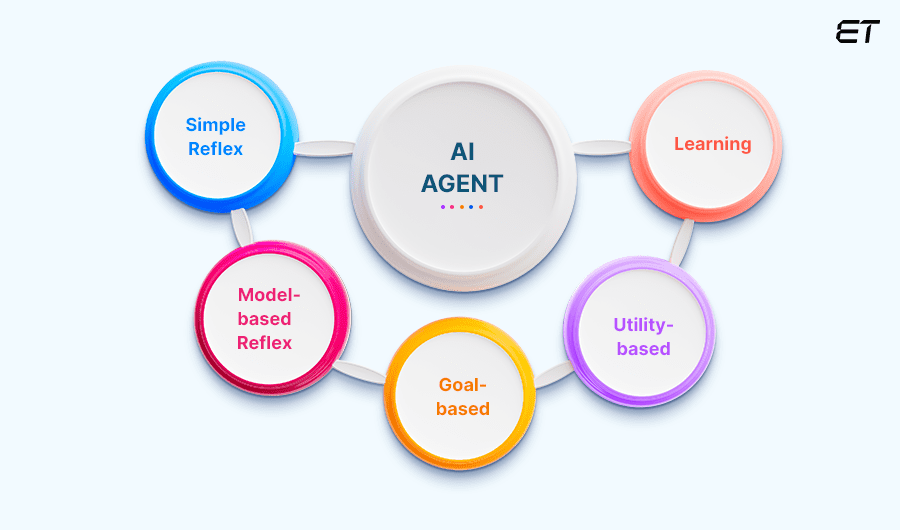The software industry is abuzz with a new development—AI agents poised to transform the future of work. Notable tech giants like Microsoft, Salesforce, and Workday are positioning AI agents at the forefront of their strategic initiatives, showcasing them at key industry events alongside Oracle and ServiceNow.
Originating from AI assistants known as “copilots,” AI agents are the industry’s next move in leveraging generative artificial intelligence. Unlike their predecessors, these agents promise to execute tasks autonomously, marking a shift towards more advanced AI applications. This evolution speaks both to technological advancements and a strategic push by companies to capitalize on AI’s potential, which has yet to significantly impact revenue streams.
AI agents, also referred to as “agentic” systems, benefit from enhanced memory and planning capabilities, allowing them to perform actions rather than just provide information. By integrating with other systems via APIs, they are envisioned as a natural extension of copilot technology. Microsoft CEO Satya Nadella describes this evolution as an “enterprise orchestration layer,” where AI serves as a conversational interface for task execution.
The immediate focus for AI agents is to manage routine tasks like expense reporting. However, some companies are already exploring their capacity for more complex functions, potentially even replacing roles such as customer support. Despite the promise, the financial impact of generative AI on software companies remains minimal, with the industry still in a “show me” phase regarding monetization strategies.
Salesforce CEO Marc Benioff has voiced skepticism about AI implementation strategies, criticizing competitors like Microsoft for misleading customers and advocating for more integrated solutions within platforms. The software sector, in turn, anticipates productivity gains as AI agents assume more responsibilities. Nadella suggests that as AI models become commoditized, value will increasingly derive from their customization with business-specific data and processes.
The emergence of AI agents could advantage companies like Apple and Microsoft, with established platforms to integrate this technology. However, concerns persist about the reliability of generative AI, given its tendency to “hallucinate” or produce erroneous outputs, necessitating human oversight for critical tasks.
Despite these challenges, some businesses are pushing the envelope. Klarna’s CEO Sebastian Siemiatkowski recently announced plans to halve the company’s workforce through AI, further indicating a potential pivot away from traditional software providers like Salesforce and Workday. While this move is seen as atypical, it hints at a disruptive future for AI in business.
Investors predominantly foresee established software companies as the primary beneficiaries of AI advancements, albeit with uncertainties about timing and profitability. Experts like Kevin Walkush from Jensen Investment Management acknowledge that the current generation of AI agents is unlikely to significantly boost revenues but emphasize the importance of strategic positioning for eventual AI-driven productivity gains.
The shift to AI agent systems could disrupt traditional business models based on user licensing. In response, software companies are exploring usage-based and outcome-based pricing models, tying revenue to AI interactions and performance outcomes. Byron Deeter of Bessemer Venture Partners notes that while these changes may introduce volatility reminiscent of the cloud transition, they are essential for adapting to an AI-centric future.









